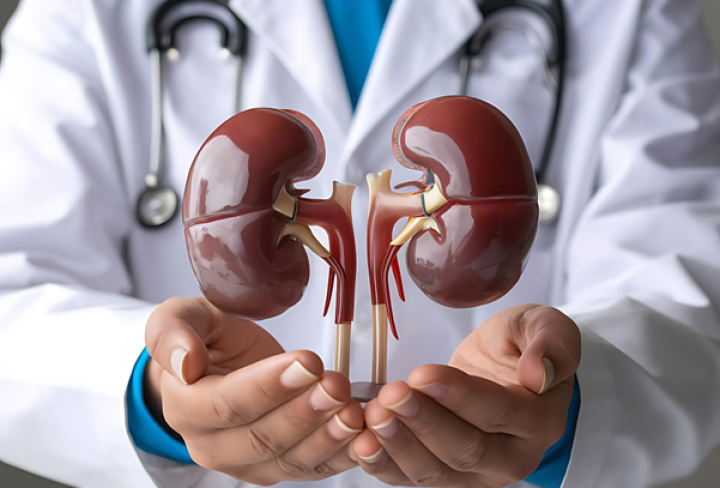Kidney transplantation is a surgical procedure to place a healthy kidney from a donor into a person whose kidneys no longer function properly. The donated kidney takes over the work of the failed kidneys and helps the body to filter waste and extra fluid.
Why is it done?
A kidney transplant is done when the kidneys are no longer able to function properly due to kidney failure or other medical conditions such as diabetes or high blood pressure. Kidney transplantation is the most effective treatment for kidney failure and can significantly improve quality of life.
How to Prepare?
Before the kidney transplant, the patient will need to be evaluated by a doctor to make sure that they are healthy enough to undergo the procedure. The doctor will also determine the best match for the donor kidney. The patient will also need to undergo several tests, such as blood tests, X-rays, and a CT scan, to make sure that their body can accept the new kidney.
During the Procedure:
During the kidney transplant procedure, the surgeon will make an incision in the lower abdomen and remove the failed kidney. The donor kidney is then inserted into the body and connected to the blood vessels and urinary tract. The new kidney is also connected to the bladder so that it can produce urine.
Aftercare:
After the kidney transplant, the patient will need to take medications to prevent rejection of the new kidney. The patient will also need to take special care to maintain a healthy lifestyle, including eating a balanced diet and exercising regularly.
Lifestyle Changes After Surgery:
After a successful kidney transplant, the patient will need to make a few lifestyle changes to ensure that the new kidney remains healthy. This may include avoiding certain medications and taking supplements to ensure adequate levels of vitamins and minerals. The patient should also pay close attention to their diet, as certain foods may be detrimental to the health of the new kidney.



